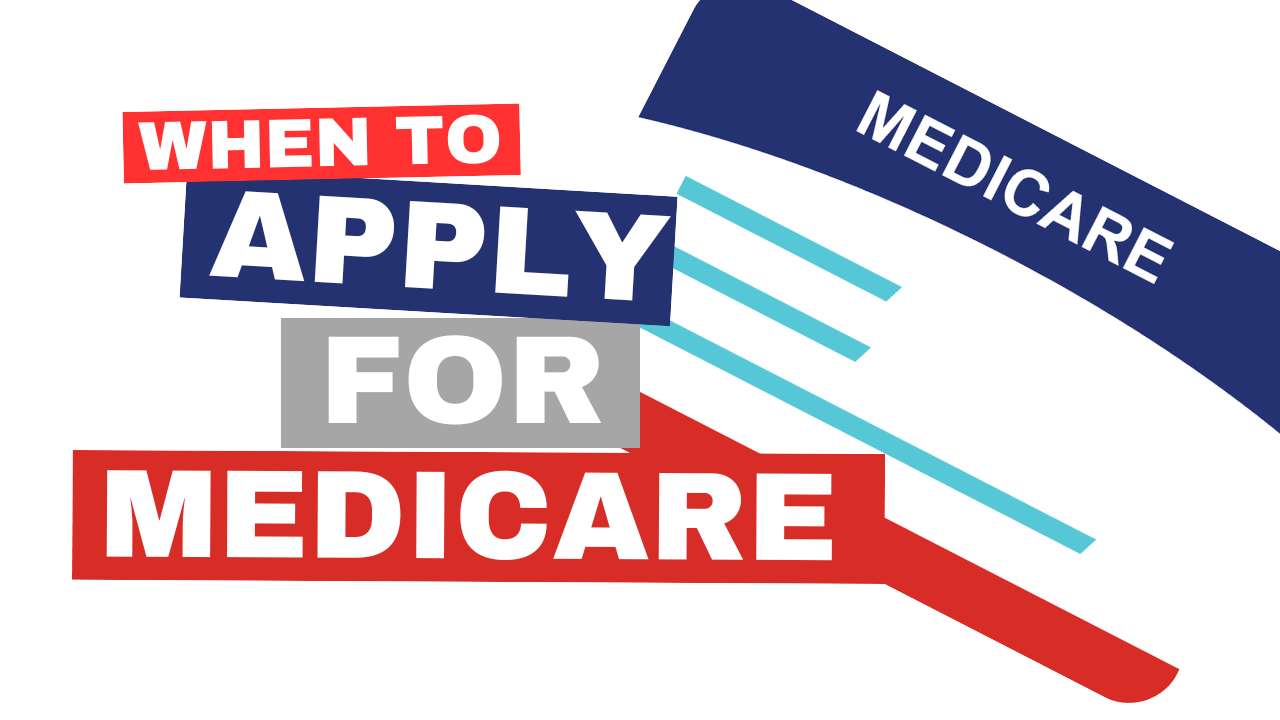Are you on the cusp of turning 65 or facing a significant life event that impacts your healthcare coverage? Medicare enrollment can seem like a maze, but with a clear understanding of the enrollment periods, you can navigate it with ease. In this comprehensive guide, we’ll delve into the intricacies of the three primary enrollment periods: Initial Enrollment Period (IEP), Special Enrollment Period (SEP), and General Enrollment Period (GEP), providing detailed insights into each.
What are the enrollment Periods?
Initial Enrollment Period (IEP)
The Initial Enrollment Period (IEP) marks your first opportunity to sign up for Medicare, and it’s a crucial window to ensure you get the coverage you need. Lasting seven months in total, this period begins three months before your 65th birthday month and extends for three months after. During this time, you can enroll in Medicare Parts A and/or B, which provide essential hospital and medical insurance benefits.This period represents your first opportunity to enroll in Medicare, and it’s crucial to make the most of it. Here’s a breakdown of what you need to know:
Coverage Start Date: The effective date of your Medicare coverage depends on when you sign up:
If you enroll during the three months before your birthday month, your coverage starts on the first day of your birth month. However, if your birthday falls on the 1st of the month, your coverage begins on the first day of the month before your birth month.
Enrolling during after your birthday month begins delays coverage until the first day of the following month from when you enrolled.
Example: Sarah, turning 65 on August 15th, enrolls in Medicare during her Initial Enrollment Period in May. Her coverage begins on August 1st. Conversely, if her birthday were on August 1st, her coverage would start on July 1st.
Special Enrollment Period (SEP)
Once your Initial Enrollment Period for Medicare ends, you may still have an opportunity to sign up for Medicare Part A and/or Part B during a Special Enrollment Period (SEP), but only if you meet specific requirements. The SEP offers an additional chance for enrollment outside of your Initial Enrollment Period and is triggered by certain qualifying life events, including but not limited to:
- Losing employer-sponsored health coverage (excluding COBRA and retiree plans) – 08 months
- Losing Medicaid Coverage – 6 months – Begins the month after you sign up or your Medicaid coverage ends, whichever you choose
This period is particularly important if you are covered under a group health plan based on current employment. If you or your spouse (or family member if you’re disabled) is working and you’re covered by a group health plan through the employer or union based on that work, you have a Special Enrollment Period available at any time. However, it’s crucial to note that COBRA, retiree health plans, and do not qualify as coverage based on current employment, and you are not eligible for a Special Enrollment Period when that coverage ends. Also not included are Veterans Administration (VA) and Individual Health Insurance Marketplace coverage.
General Enrollment Period (GEP)
The General Enrollment Period (GEP) serves as a secondary enrollment period for individuals who missed their Initial Enrollment Period and do not qualify for an SEP. While not as ideal as the IEP or SEP, the GEP offers another chance to enroll in Medicare. Here’s what you need to know:
Timing: The GEP runs annually from January 1st to March 31st.
Coverage Start Date: If you enroll during the GEP, your Medicare coverage will commence on July 1st of the same year. However, enrolling during this period may result in late enrollment penalties.
Example: Lisa turned 65 last year but missed her Initial Enrollment Period. She decides to enroll during the General Enrollment Period in February. Her coverage will start on July 1st.
Automatic Enrollment for Eligible Individuals
For certain individuals, enrollment in Medicare Parts A & B occurs automatically under specific circumstances. Those already receiving retirement or disability benefits from Social Security for at least four months before turning 65 are among those eligible for automatic enrollment. Additionally, individuals under 65 who have been receiving disability benefits from Social Security for at least 24 months are also automatically enrolled. Moreover, individuals diagnosed with Amyotrophic Lateral Sclerosis (ALS) will be automatically enrolled upon commencing disability benefits. This automatic enrollment process streamlines access to Medicare coverage, ensuring that eligible individuals receive essential healthcare benefits without the need for additional application steps.
Who is automatically enrolled?
Automatic enrollment in Medicare Part A and/or Part B occurs in specific circumstances, simplifying the process for some beneficiaries. Individuals who are already receiving Social Security or Railroad Retirement Board (RRB) benefits are typically automatically enrolled in Medicare Parts A and B. This enrollment usually happens around the time they turn 65. Additionally, individuals under 65 who have been receiving Social Security disability benefits for 24 months are automatically enrolled in Medicare, including Parts A and B, in their 25th month of disability. Those diagnosed with Amyotrophic Lateral Sclerosis (ALS) are also automatically enrolled in Medicare the same month their disability benefits begin. Similarly, individuals with End-Stage Renal Disease (ESRD) automatically get enrolled in Medicare if they’re receiving dialysis or have had a kidney transplant, although the process may differ slightly. For those automatically enrolled, Medicare cards are sent out approximately three months before their coverage starts.
In Conclusion
In conclusion, understanding the intricacies of each Medicare enrollment period empowers you to make informed decisions about your healthcare coverage. Whether you’re approaching your 65th birthday or experiencing a qualifying life event, knowing when and how to enroll ensures you have the coverage you need when you need it. If you have questions or need assistance with Medicare enrollment, don’t hesitate to reach out to Medicare or a licensed insurance agent for guidance. Your health and peace of mind are invaluable!

